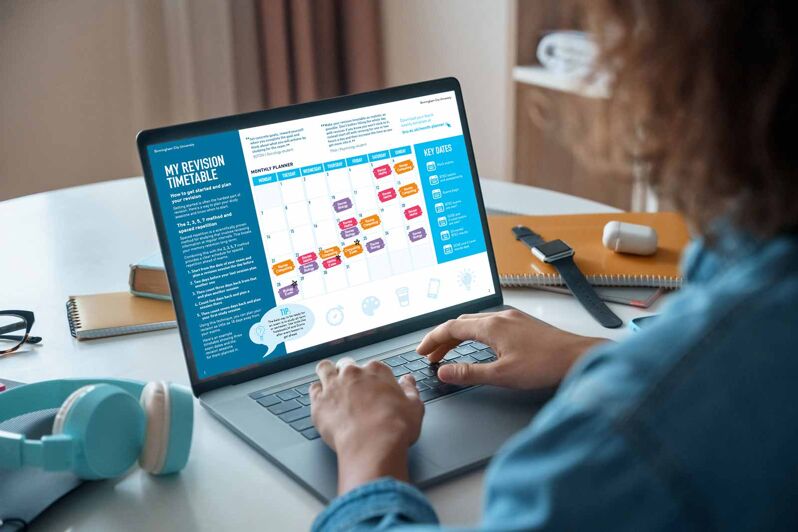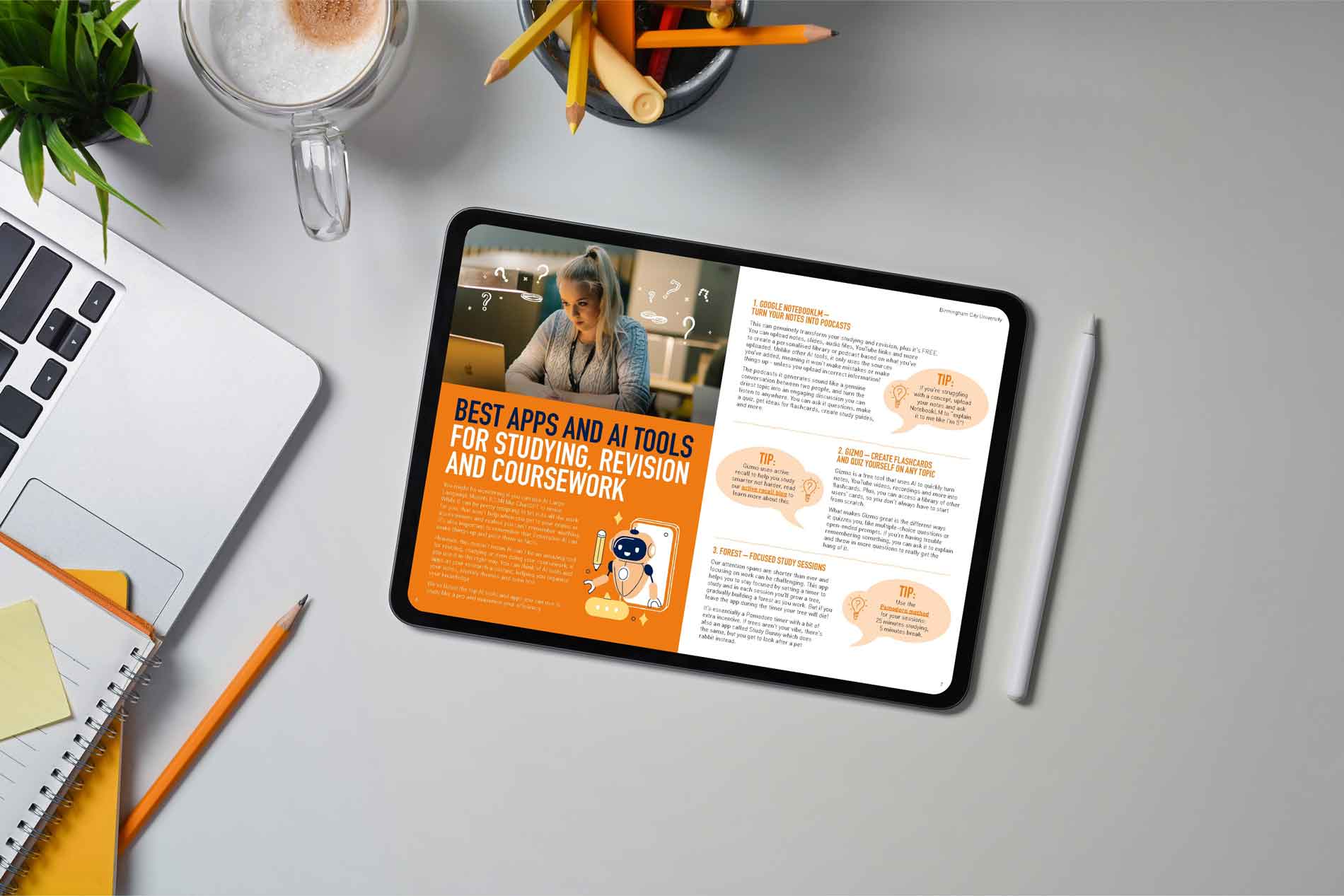The words ‘Have I done enough?’ are probably going through your mind a lot this exam season. Whilst you can’t know exactly what’s going to be on the exam (we can dream) there is a lot you can do to ensure you have the best chance of getting those grades.
Here are five things you should have done before your exam
1) Practice past papers
This one’s a no-brainer but the best way to improve your exam technique is to do as many past papers as you can. Past papers help you get into the exam mindset and familiarise yourself with the types of questions you’ll have to answer in the real thing. Another tip is to start with some of the older past papers (as long as they’re still relevant) and work towards the more modern ones as you get closer to your exam. This will ensure you cover a range of topics and help you recognise patterns in the exams.
2) Cover every area of your syllabus
Playing Russian roulette with what you revise is a dangerous game! There’s most likely going to be something on the exam that you haven’t revised enough or at all, so try to understand as many of the topics in your syllabus as possible. If you understand the topics you may be able to figure out the question in the exam, even if you haven’t got a clue at first glance. You can also use your past papers as a guide to the kind of questions you might get, so make a note of anything you have difficulty with and try to answer more questions around that topic.
Want more exam and revision tips?
Sign up now and we'll email you regular updates with top revision tips and tricks that are proven to help you achieve top grades and beat procrastination.
3) Practice with a timer
When it comes to essay and longer-style exam questions, working with a timer (or just the stopwatch on your phone) allows you to see how long you’re spending on questions and where you might need to speed up. We’ve all been there in an exam where you get to a longer question and start rambling or get a question you know really well and start putting everything you know down on the page – having a timer handy when you’re practising will help you control this.
A timer also allows you to practice under exam conditions, and while the pressure of a timed exam can be quite stress-inducing, it’s better to be prepared. Test anxiety is a real thing and being well prepared is the best way to defend against becoming too stressed.
Tip Look at the entire exam paper before you start! This will help you manage your time and prioritise the questions you should do first.
4) Use flow charts and diagrams to understand difficult topics
Having trouble remembering the key points? Draw it out. Number the steps. Annotate your drawing. Insert key facts to remember and highlight them. Do whatever it takes to understand the topic. Understanding is one of the best ways of remembering.
A study published in the Journal of Cognitive Neuroscience found the more widely knowledgeable we are about a subject, the easier it is to retain and retrieve information. That sounds obvious but it means if you know how the whole human heart works, you’ll be better equipped to answer a question about one small part of it in a Biology test paper, for instance.
5) Avoid lots of carbs
Everyone loves carbs and we’d never take them away from you while you’re revising, but a big, carb-loaded breakfast or lunch before an exam can make you crash. An excess of carbs can make you feel exhausted, and while carb crashes are common they’re not healthy or necessary. They’re caused by too much sugar, which spikes our blood glucose level and causes our pancreas to pump out insulin. This leads to that familiar slump.
The problem is bread and pasta are also a type of sugar, which is why morning and early afternoon slumps are so common. A lot of people have toast or cereal for breakfast, which can result in a carb crash. You don’t have to give up carbs, it’s just better to eat them later in the day or in moderation.
As for exam days, try eating more complex carbs, which take longer to digest and provide energy over a longer period. This means nuts, fruits, vegetables, beans, whole grains (cereal, pasta etc.) and oats. Mixing your complex carbs with proteins like beans, chicken, tuna and eggs will also help you avoid a crash as they take longer to digest and allow you to avoid the insulin spike.
Then when you’ve finished your exam you can have a massive cake to make up for your new health kick! (Not a scientific recommendation, but a personal one).
Good luck with your exams!






